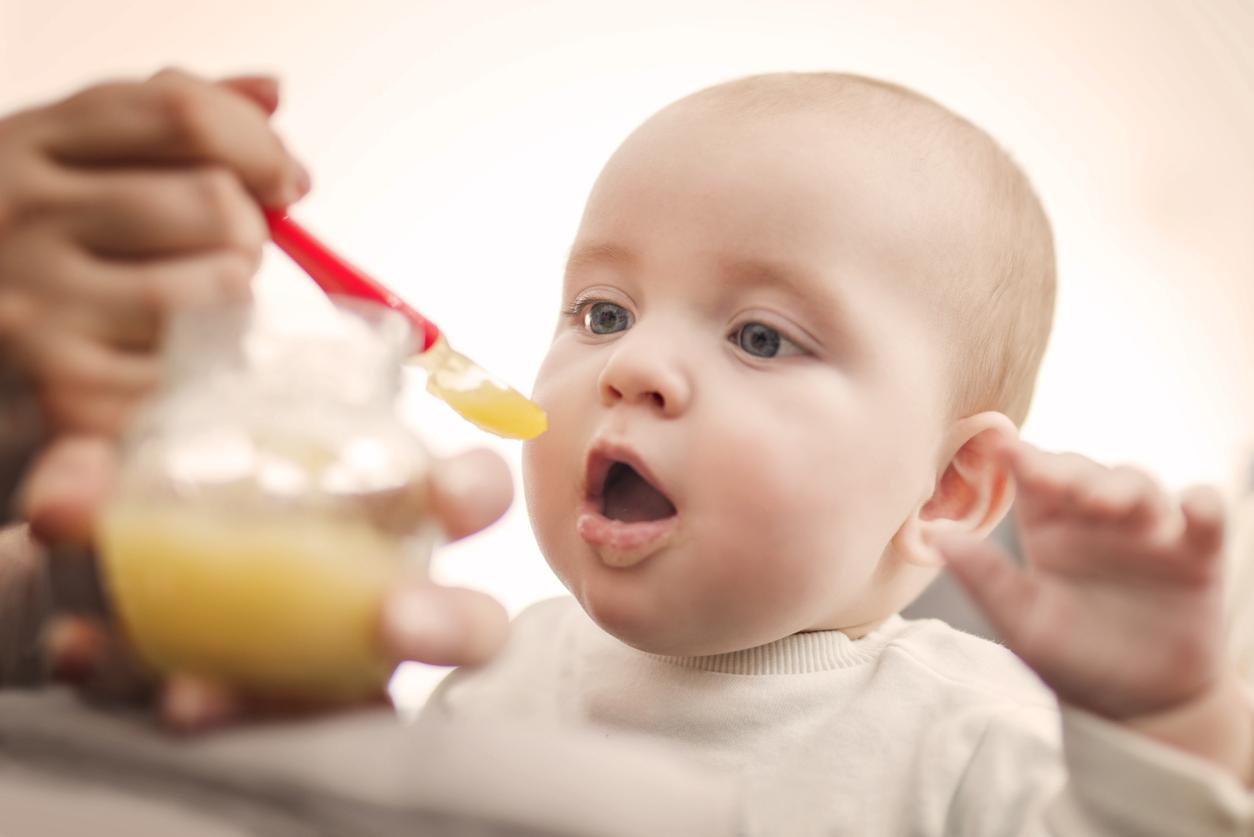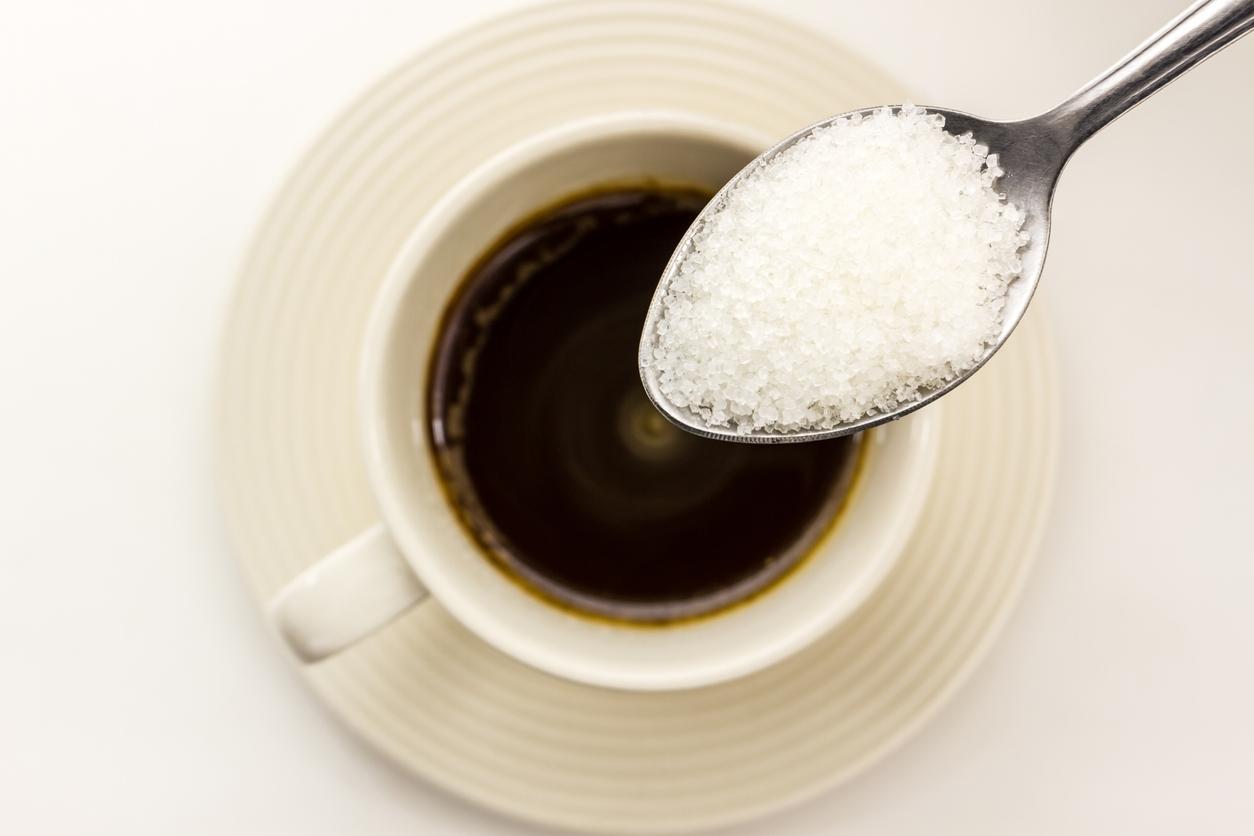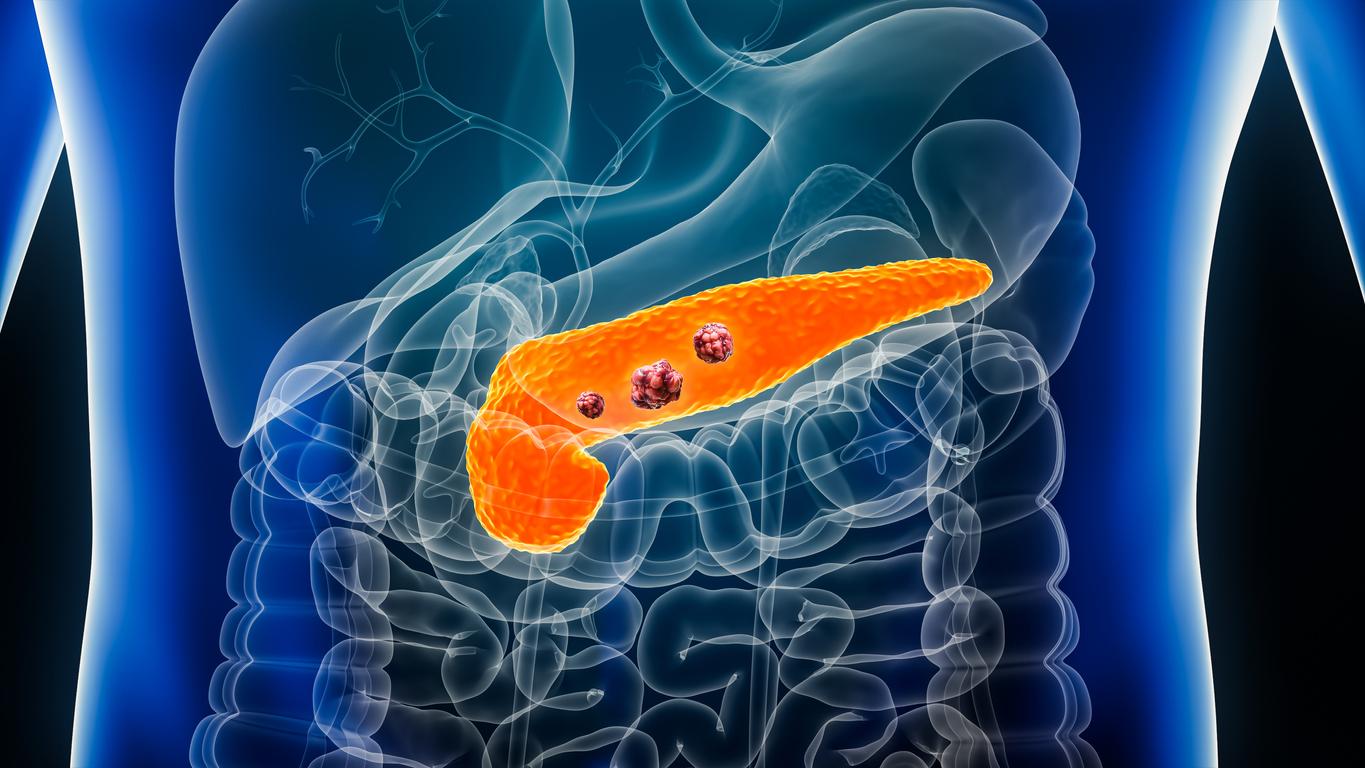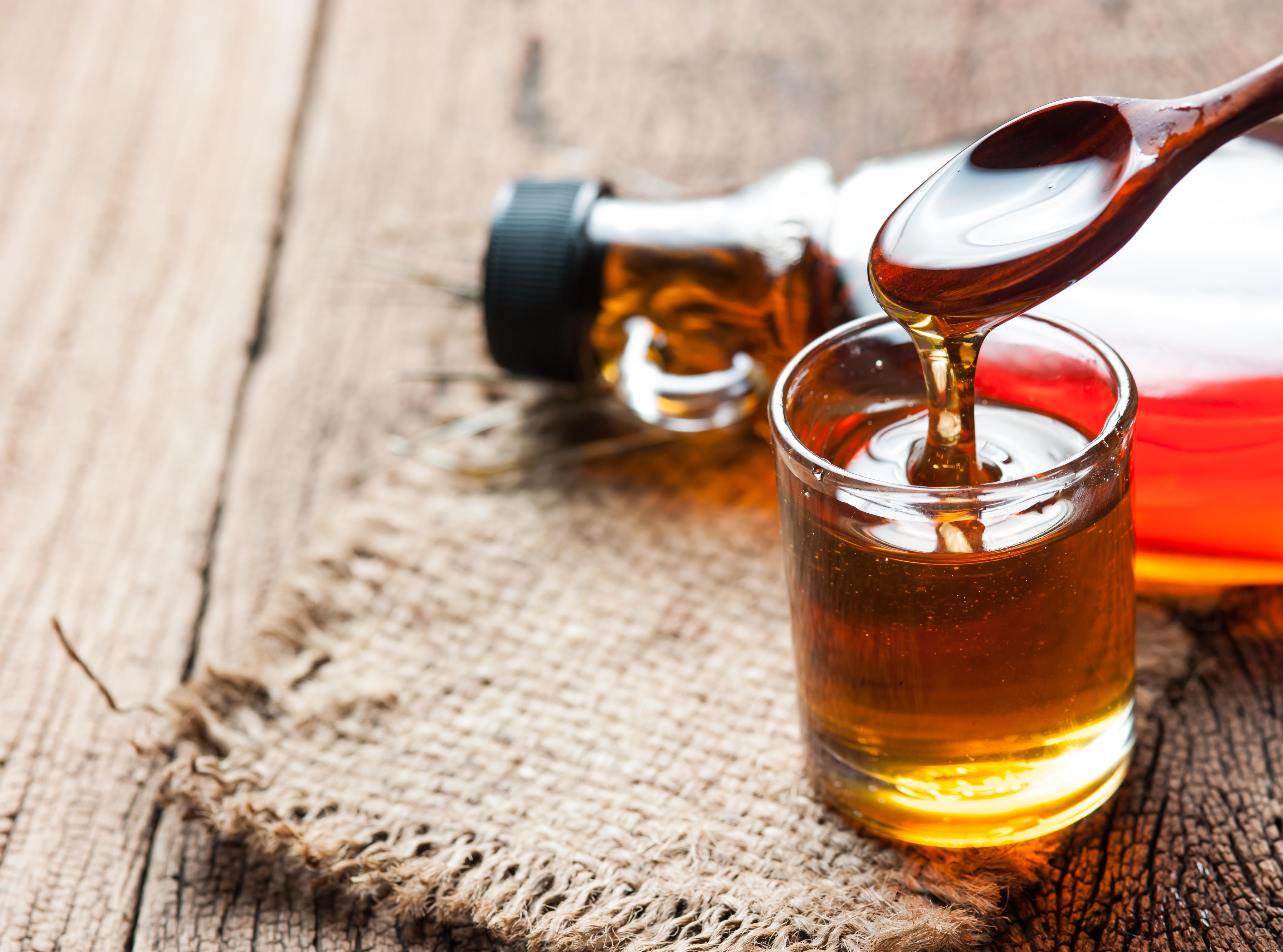Baby food contains too many sugars and additives, according to the consumer association, which calls for stricter regulations for manufacturers.

- Between June and July 2023, the association reviewed more than 200 infant food products offered in nine major retail brands.
- Result, “30% of references contain sweetening ingredients (sugar, honey, chocolate, etc.) and 38% additives” (emulsifiers, acidity correctors, etc.)
- “Reduced in sugar”, “no added sugar”, “specifically for babies”: 80% of the products studied display statements that give them a “healthy” image, when they are not really… healthy.
Purees, yogurts, cereal bars… Although they are often an easy solution for parents who don’t have time to cook, foods for babies and young children nevertheless contain too many sugars and additives. This is the sad observation of a recent investigation led by the consumer defense association CLCV.
A third of products contain sweetening ingredients
Between June and July 2023, the association reviewed more than 200 infant food products offered in nine major retail brands. Result, “30% of references contain sweetening ingredients (sugar, honey, chocolate, etc.) and 38% additives” (emulsifiers, acidity correctors, etc.), we can read in a communicated. A finding that is all the more alarming given that “the proliferation of snack and dessert type products in infant food aisles normalizes the concept of snacking and eating sweet desserts at the end of a meal.”
Misleading industrial labeling
At a time when, according to Odoxa study in 2020, 29% of children aged 2 to 4 are overweight or obese, CLCV especially denounces the proliferation of so-called nutritional claims on these products which are nevertheless bad for health. “Reduced in sugar”, “no added sugar”, or even “expressly for babies”: 80% of the products studied thus display statements which give them a “healthy” image, even though they are not really … healthy. For example, “the product ‘P’tit gourmand white chocolate flavor from Nestlé’ displays the words ‘reduced in sugar’, but it still contains 10 grams of sugar out of 100, or 3 times more than a classic natural whole milk yogurt”.
The need for less permissive rules
For the consumer association, this is proof that European regulations on infant nutrition must evolve and follow the recommendations of the World Health Organization (WHO): do not use nutritional or “health” claims. “, not adding sugar to recipes, not selling sweets and sugary drinks, having a maximum sugar, fat and salt content for certain products… “In all categories studied, we found products without sweetening ingredients or additives, ensures CLCV. It is therefore possible to do without it!”
















